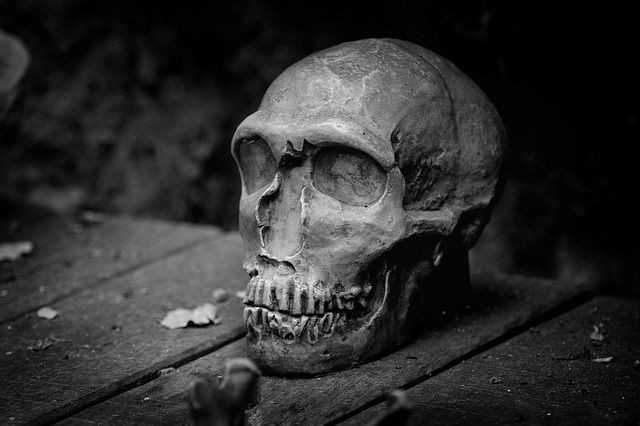How Will I Die? [VIDEO]

We all know the only thing that's certain in this life is death — but how and when we're likely to die remains a mystery. Most of us want to die quickly in our sleep, and without notice, but the odds of this happening are extremely low. So, when we're six feet under, what exactly would be the cause of our death?
In AsapSCIENCE'S latest video, "How Will You Die?" host Gregory Brown, Mitchell Moffit, and Rachel Salt explain mortality is contingent on several factors, including geographic location. The average life expectancy has gone up to 71, but in a developed nation like France or Canada, we're likely to live closer to 82. Meanwhile, people in developing or majority world countries like Rwanda age to 64 on average.
The cause of death in several countries have been unusual. For example, one man died of heart failure and exhaustion after playing Starcraft for 50 hours on end, and annually 100 people die in Russia from falling icicles. Not to mention about 70 children choke to death on hot dogs every year. In the United States, 2.6 million out of 318 million people died of heart disease or cancer.
Scientific advancements such as antibiotics, vaccines, and treatments have prevented many deaths of the flu or tuberculosis, and even decreased how often we die of cancer. In the 1970s, the survival rate from cancer was only 50 percent — today that has increased to 68 percent with 15.5 million cancer survivors alive in the US today.
Those residing among the 34 poorest countries are more likely to die from respiratory problems — not from cigarettes, but from ingesting smoke while cooking. Women in Japan are less likely to die from heart disease, and live to 87 years old on average compared to 80 years old for American women. This has often been attributed to the Japanese diet.
In the future, we're more likely to live longer, and potentially know exactly how and when we'll die. Computer software is shown to estimate how and when you will die with 96 percent accuracy, based on medical history, lifestyle, and many other factors.
But the question is: do we really want to know how and when we’ll die? Some of us would rather wait and find out.



























